What is the Purpose of a Sandwich Panel Machinery
In today's construction industry, sandwich panel machinery plays a crucial role in the production of sandwich panels. These panels have become increasingly popular for their lightweight, durable, and energy-efficient properties. But what exactly is the purpose of sandwich panel machinery, and how does it work?
What are sandwich panels?
Sandwich panels are structural, insulated panels consisting of two outer layers (often made of metal) and a core material, typically made of foam or other insulating materials. The panels are used in the construction of walls, roofs, and floors in a variety of buildings, including warehouses, factories, and even residential homes. Sandwich panels offer excellent thermal insulation, soundproofing, and fire resistance properties, making them an ideal choice for modern construction projects.
The role of sandwich panel machinery
Sandwich panel machinery is specifically designed to manufacture sandwich panels efficiently and accurately. These machines are equipped with various components and systems that help in the production process, from cutting and shaping the metal sheets to inserting the core material and bonding the layers together.
One of the key components of sandwich panel machinery is the roll forming machine, which is used to shape the metal sheets into the desired profile. The machine can produce panels of different lengths and thicknesses, depending on the requirements of the project. The core material, whether it is foam, mineral wool, or other insulating material, is then inserted between the metal sheets using a conveyor system.
Once the core material is in place, the sandwich panel is bonded together using a specialized adhesive or by applying heat and pressure. This process ensures that the layers are tightly secured and that the panel has a uniform structure throughout. The finished panels are then cut to the required dimensions and stacked for transportation to the construction site.
Advantages of sandwich panel machinery
The use of sandwich panel machinery offers several advantages in the production of sandwich panels. Firstly, these machines can produce panels in a high volume and at a fast pace, increasing productivity and reducing lead times for construction projects. The automated nature of the machinery also helps in reducing labor costs and ensuring consistent panel quality.
Furthermore, sandwich panel machinery allows for flexibility in design and customization, as panels can be made in different shapes, sizes, and colors to meet the specific requirements of a project. The precision and accuracy of the machines also help in minimizing material wastage and optimizing resources, leading to cost savings in the long run.
In conclusion, sandwich panel machinery plays a vital role in the production of sandwich panels, offering numerous advantages such as increased productivity, cost savings, and design flexibility. These machines are essential for ensuring the efficient and accurate manufacturing of sandwich panels, which are widely used in modern construction for their thermal insulation, soundproofing, and fire resistance properties. With the continued advancements in technology and manufacturing processes, sandwich panel machinery will continue to play a key role in the construction industry for years to come.


 CN
CN
 EN
EN
 fr
fr  de
de  es
es  it
it  ru
ru  pt
pt  ar
ar  th
th  pl
pl  ro
ro 

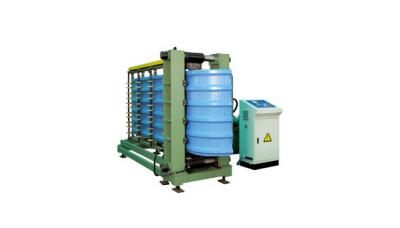
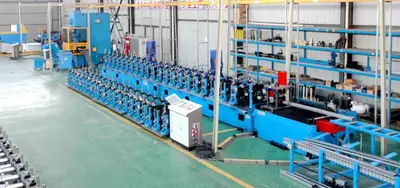
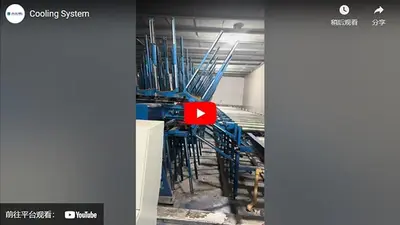
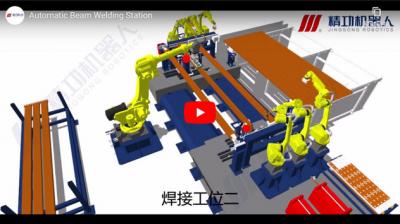
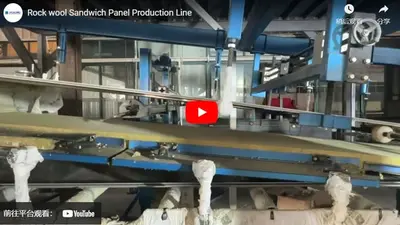

 Call us on:
Call us on:  Email Us:
Email Us:  #1809, Jianhu Rd, Keqiao, Shaoxing, Zhejiang, China
#1809, Jianhu Rd, Keqiao, Shaoxing, Zhejiang, China 